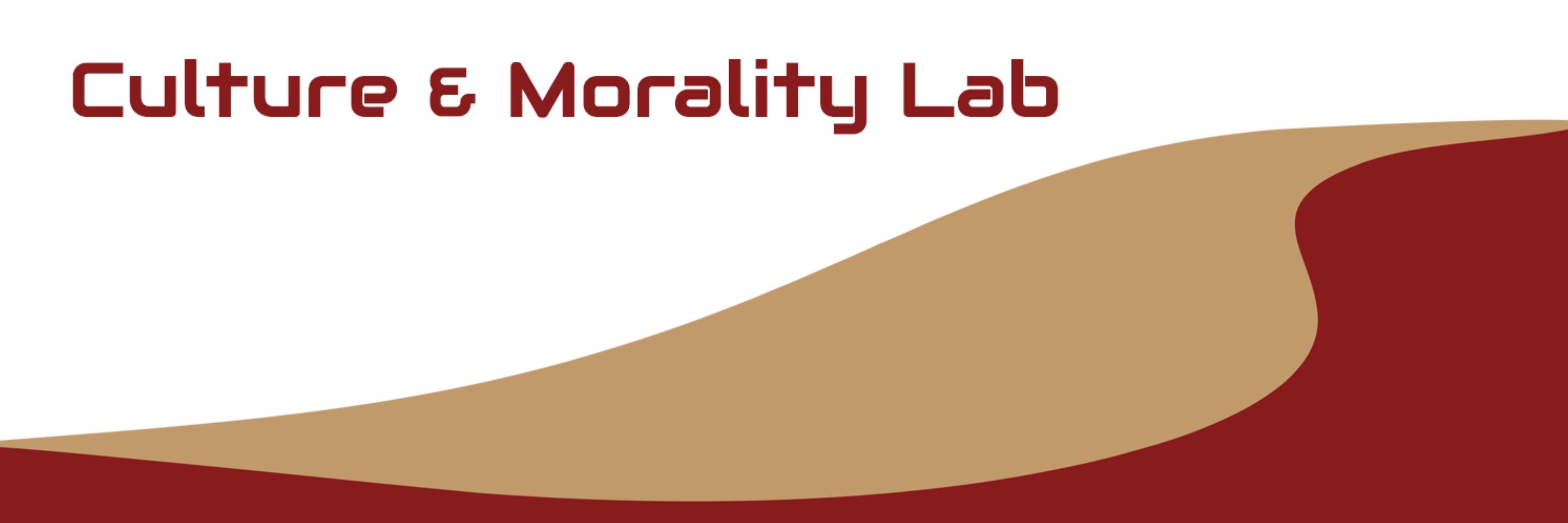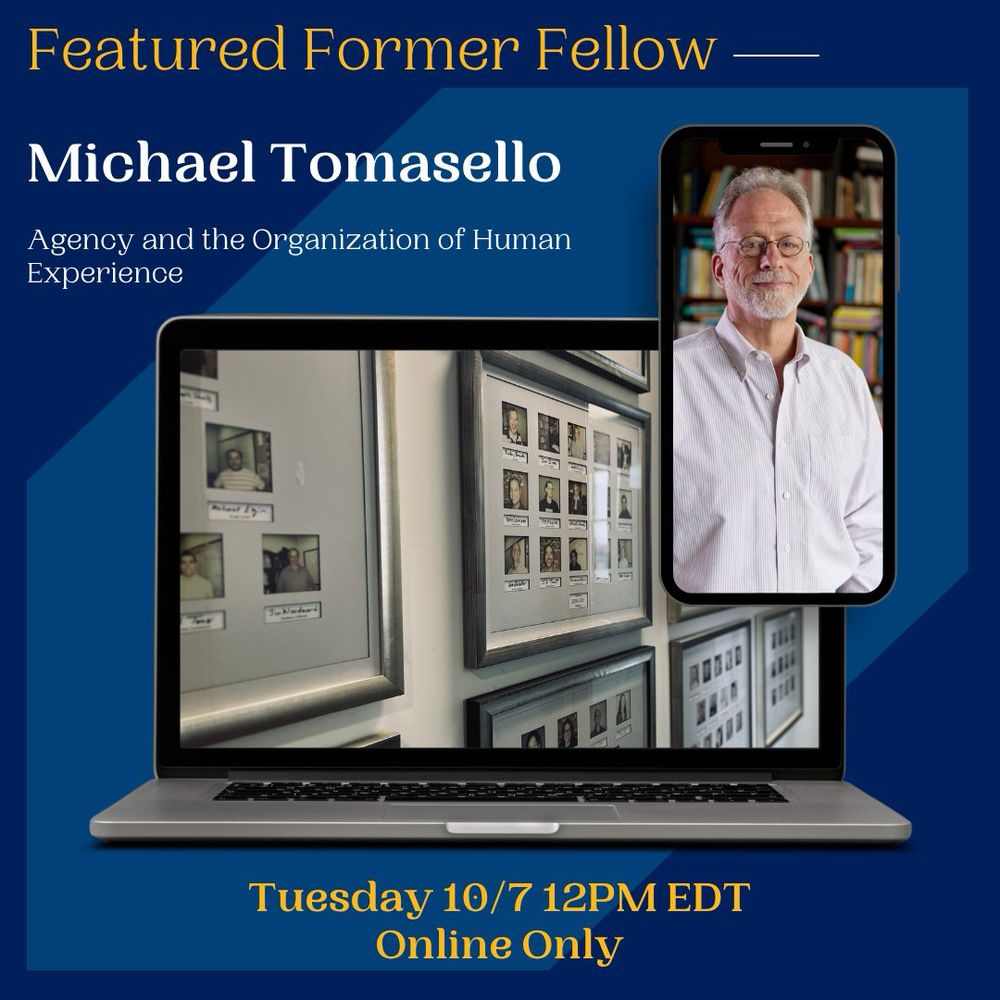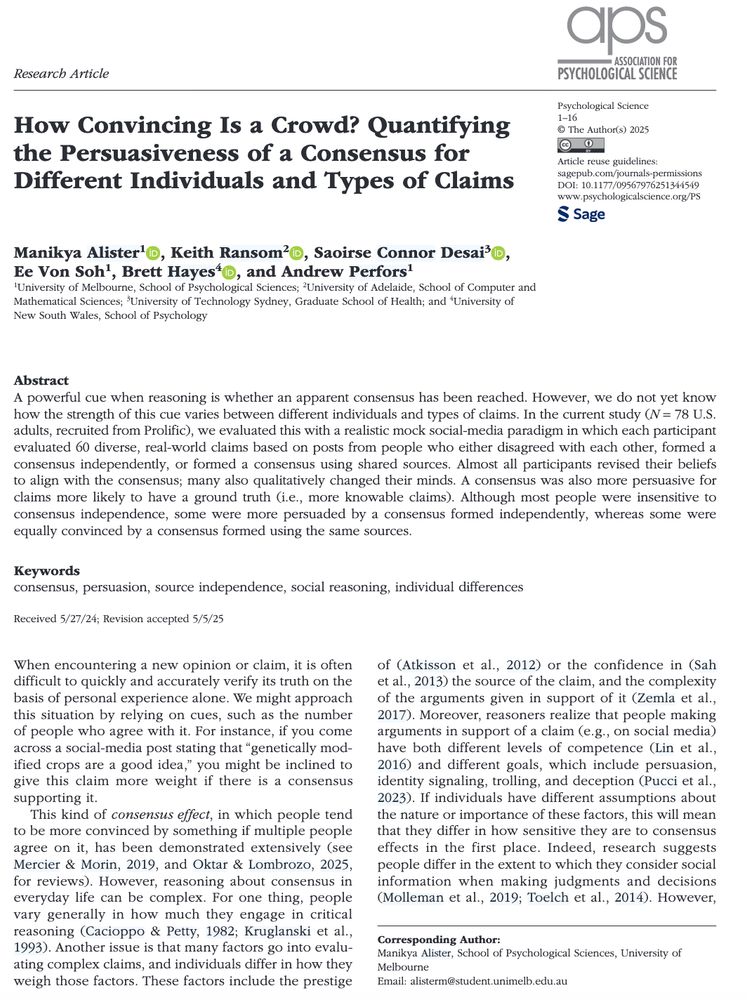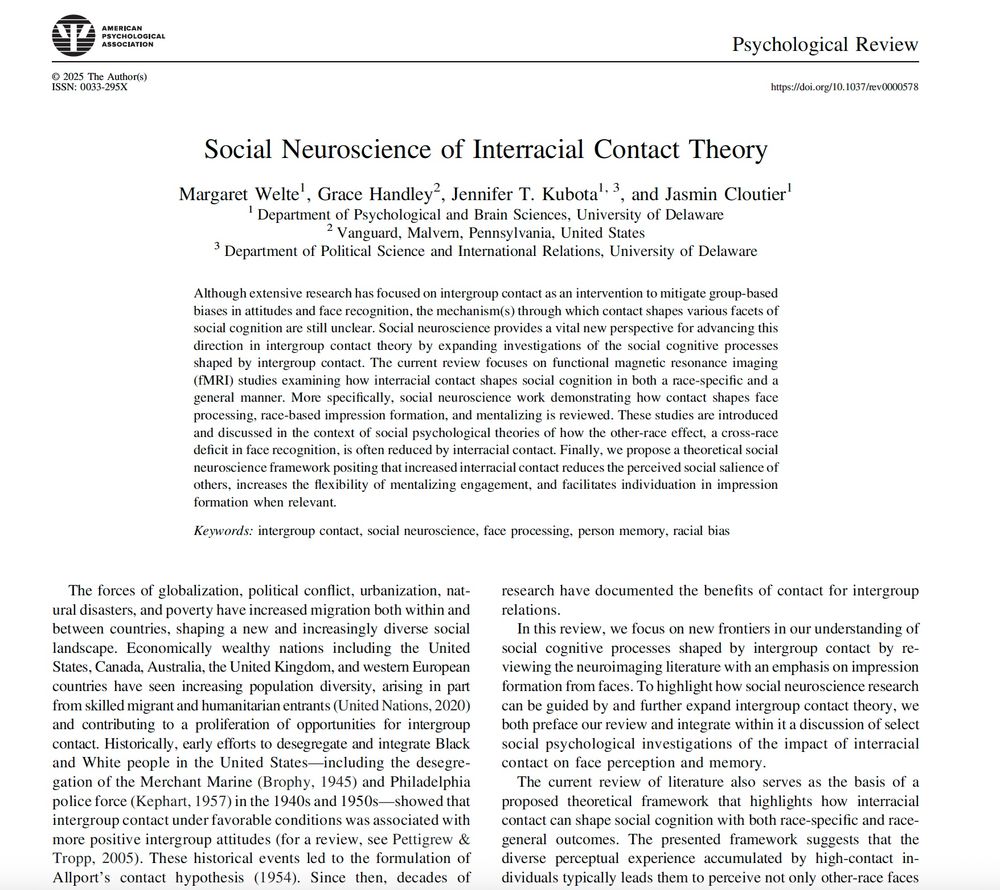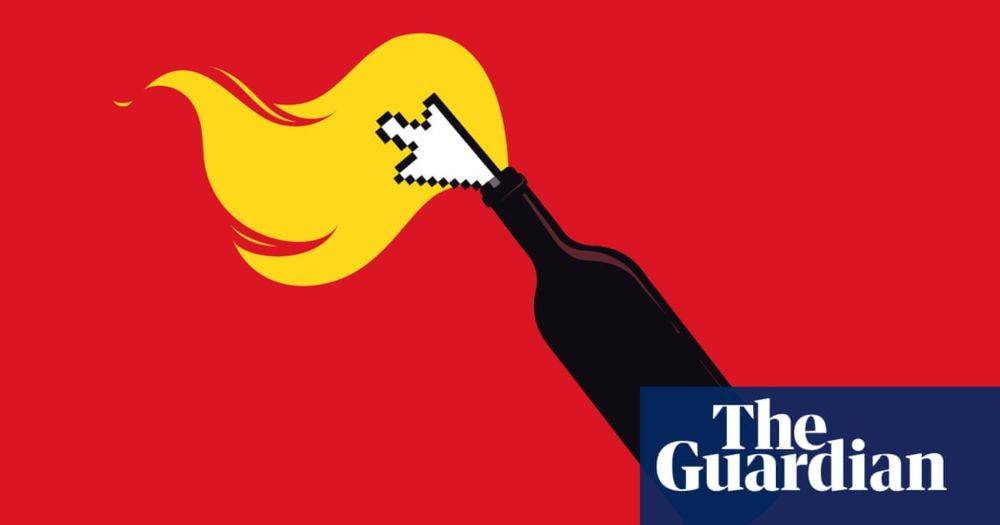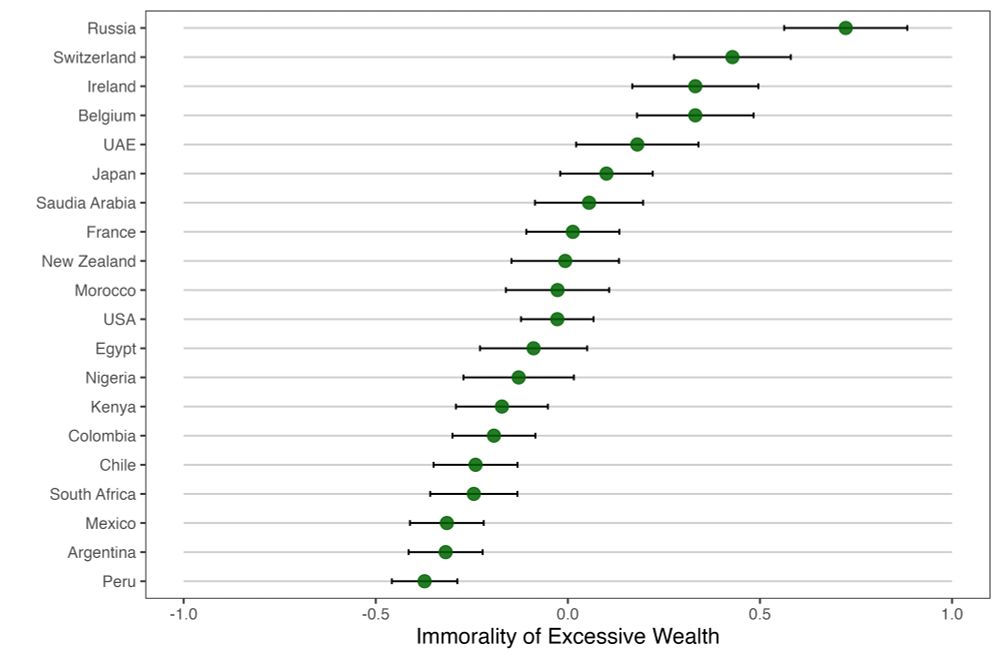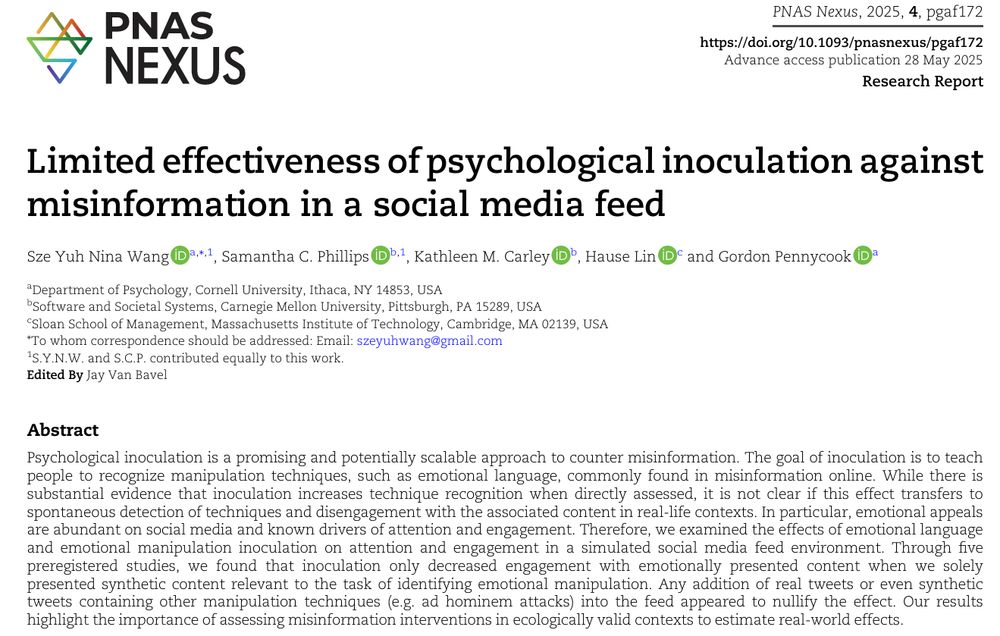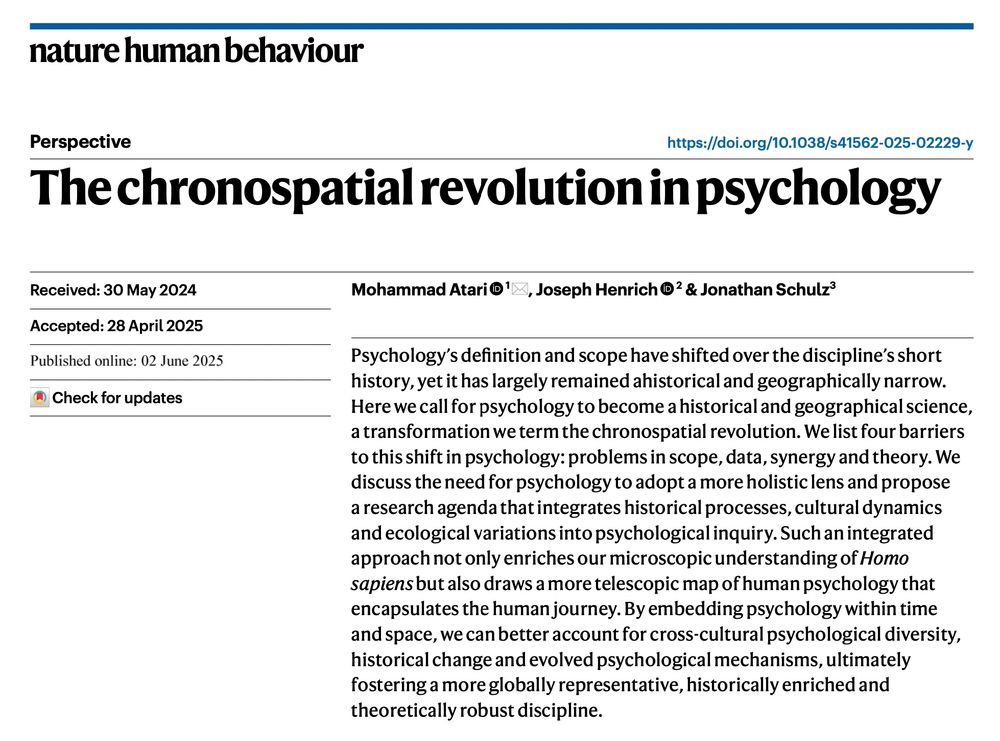Assistant Professor of Psychology at UMass Amherst. Director of the Culture and Morality Lab.
Reposted by Mohammad Atari
Reposted by Lesley A. Hall, Mohammad Atari
Reposted by Mohammad Atari
Reposted by Mohammad Atari
Reposted by Mohammad Atari
Reposted by Mohammad Atari
Reposted by Brian A. Nosek, John Drury, Mohammad Atari
Reposted by Larry W. Hunter, Mohammad Atari
Reposted by Mohammad Atari
Reposted by Mohammad Atari
Reposted by Mohammad Atari
Reposted by Mohammad Atari
Reposted by Mark J. Brandt, Mohammad Atari
Reposted by Martin Lang, Mohammad Atari
Reposted by Linda J. Skitka, Mohammad Atari, Melissa J. Williams
Reposted by Mohammad Atari
Reposted by Andrew Livingstone, Jeremy Ginges, Mohammad Atari
